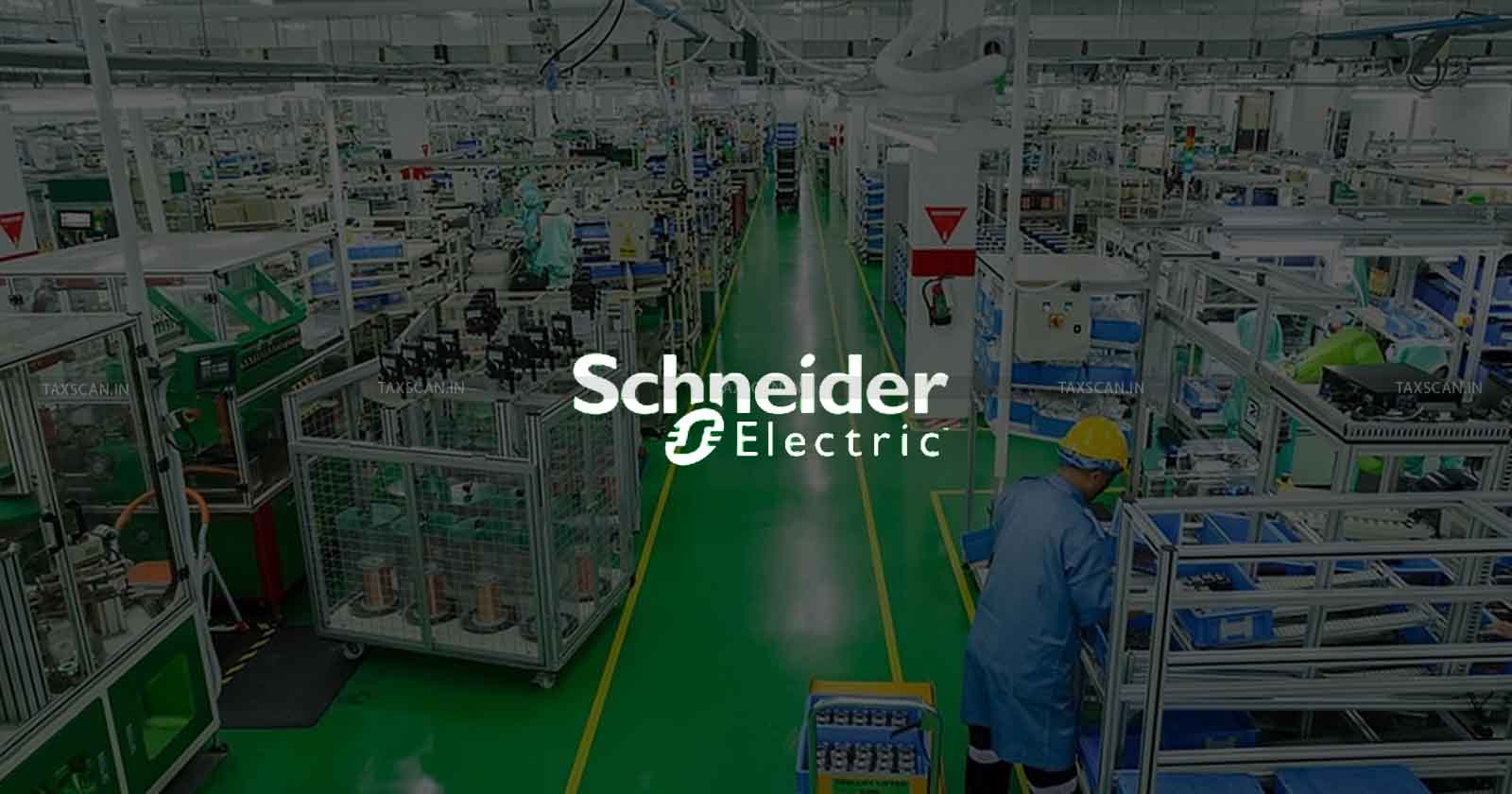Electrical Works for Factory Expansion Ineligible for ITC: AAR Rules Installations Form Part of Immovable Property [Read Order]
The Bench examined the scope of the contract and noted that it involved both supply and installation, thus qualifying as a composite works contract service under Section 2(119) of the CGST Act, 2017.
![Electrical Works for Factory Expansion Ineligible for ITC: AAR Rules Installations Form Part of Immovable Property [Read Order] Electrical Works for Factory Expansion Ineligible for ITC: AAR Rules Installations Form Part of Immovable Property [Read Order]](https://images.taxscan.in/h-upload/2025/10/10/2095400-electrical-works-factory-expansion-taxscan.webp)
The Bench of the Authority for Advance Ruling (AAR), Chennai, Tamil Nadu, held that Input Tax Credit (ITC) on electrical installation works undertaken for the expansion of a factory is not eligible under Sections 17(5)(c) and 17(5)(d) of the Central Goods and Services Tax Act, 2017, and the Tamil Nadu Goods and Services Tax Act, 2017, as the installations form part of immovable property and constitute a composite works contract service.
The appellant, M/s. Shibaura Machine India Private Limited, engaged in the manufacture of injection moulding machinery and accessories, sought an advance ruling on the eligibility of ITC for electrical installation services undertaken for the expansion of its factory.
The company had entered into a contract with M/s. SMCC Construction India Limited for the supply, installation, testing, and commissioning of electrical works at its new factory adjacent to the existing one at Chembarambakkam, Chennai. The contract, valued at ₹24,15,00,000 (exclusive of GST), covered LT panels, bus ducts, electrical works, lightning protection, and light fixtures, along with a minor portion of civil works.
The appeal raised two queries for consideration namely, whether ITC is eligible on electrical works carried out for factory expansion, and second, what the timeline should be for availing ITC on advance payments made under the contract. The AAR examined the matter under Section 98(4) of the CGST Act, 2017, and the TNGST Act, 2017.
Represented by Rajaram R. and Gowtham T. of Ernst & Young LLP, the appellant contended that the electrical installations were movable in nature and qualified as plant and machinery under the GST framework. It was argued that the components such as LT panels, bus ducts, and fixtures could be dismantled and reinstalled without substantial damage and, therefore, should not be treated as immovable property within the meaning of Section 17(5).
It was submitted that these electrical installations were capitalized as “Plant and Machinery” in their books of accounts, distinct from civil structures. Regarding ITC on advances, they argued that credit should be available upon receipt of goods or services, as per Section 16(2)(b) of the CGST Act, and that the interpretation of Section 16(4) should not restrict genuine claims where supply and invoice timelines differ.
The State or Central GST authorities made no submissions and hence, the matter was considered uncontested.
The Bench comprising C. Thiyagarajan, CGST Member, and B. Suseel Kumar, SGST Member observed that it involved both supply and installation and thus qualified as a composite works contract service under Section 2(119) of the CGST Act, 2017.
The AAR noted that electrical works such as LT panels, bus ducts, and lighting systems were permanently affixed to walls and ceilings that form part of the factory building, thereby becoming part of immovable property.
 Also Read:Operational Creditor cannot initiate Insolvency Proceedings When Complaints Regarding Defects Remain Unresolved: NCLT rules against Schneider Electric India Pvt. Ltd. [Read Order]
Also Read:Operational Creditor cannot initiate Insolvency Proceedings When Complaints Regarding Defects Remain Unresolved: NCLT rules against Schneider Electric India Pvt. Ltd. [Read Order]
It was further held that these installations could not be classified as “plant and machinery” since they were not directly used in the process of making outward supplies but only facilitated general factory operations. Therefore, the supply fell squarely within the blocked credit provisions under Sections 17(5)(c) and 17(5)(d) of the Act.
Accordingly, the Authority for Advance Ruling, Tamil Nadu, held that ITC on electrical installation works for factory expansion was not admissible as per Sections 17(5)(c) and 17(5)(d) of the Central Goods and Services Tax Act, 2017, and the Tamil Nadu Goods and Services Tax Act, 2017.
Consequently, since the ITC on electrical installations was held to be ineligible, the question of determining the timeline for availing credit on advance payments became redundant.
Support our journalism by subscribing to Taxscan premium. Follow us on Telegram for quick updates



